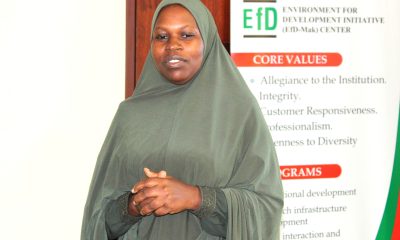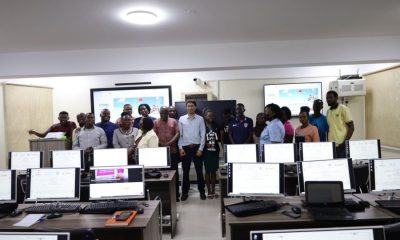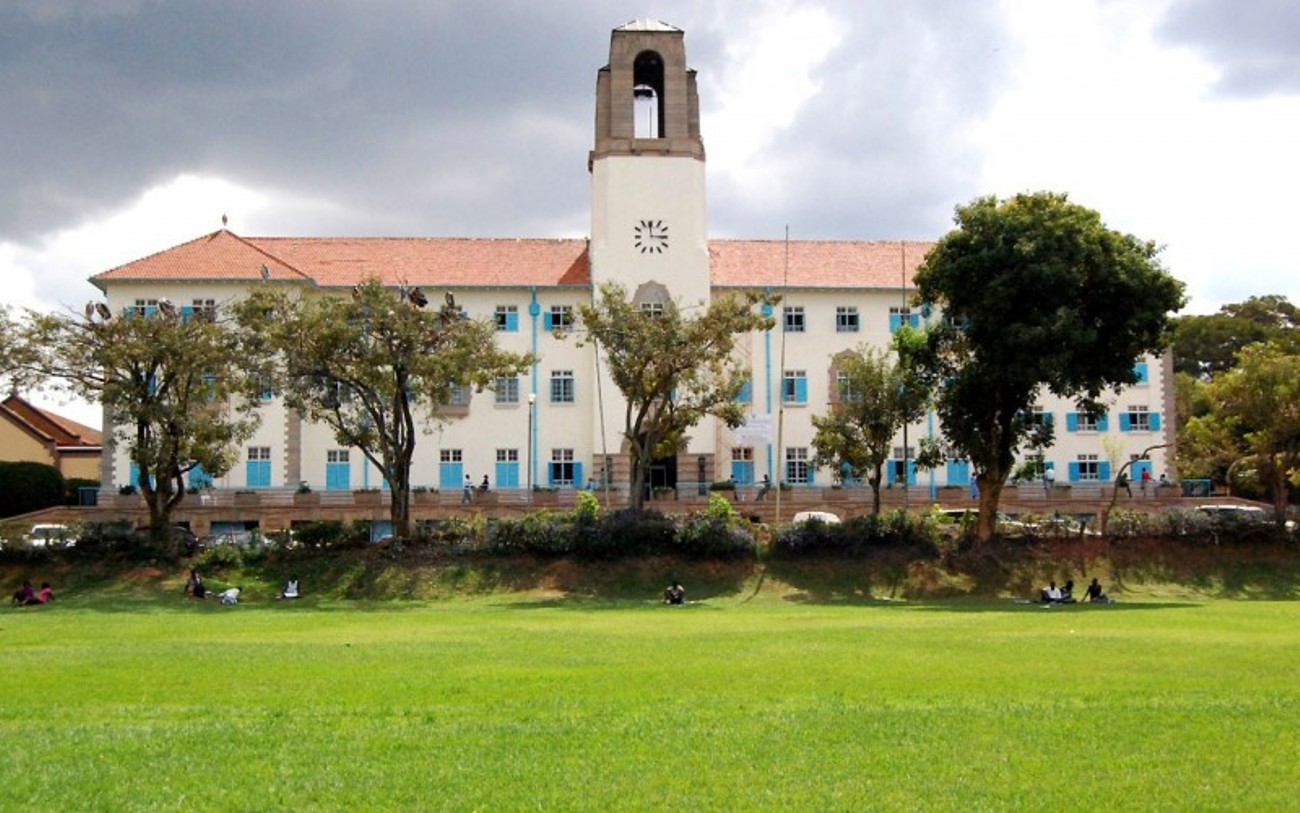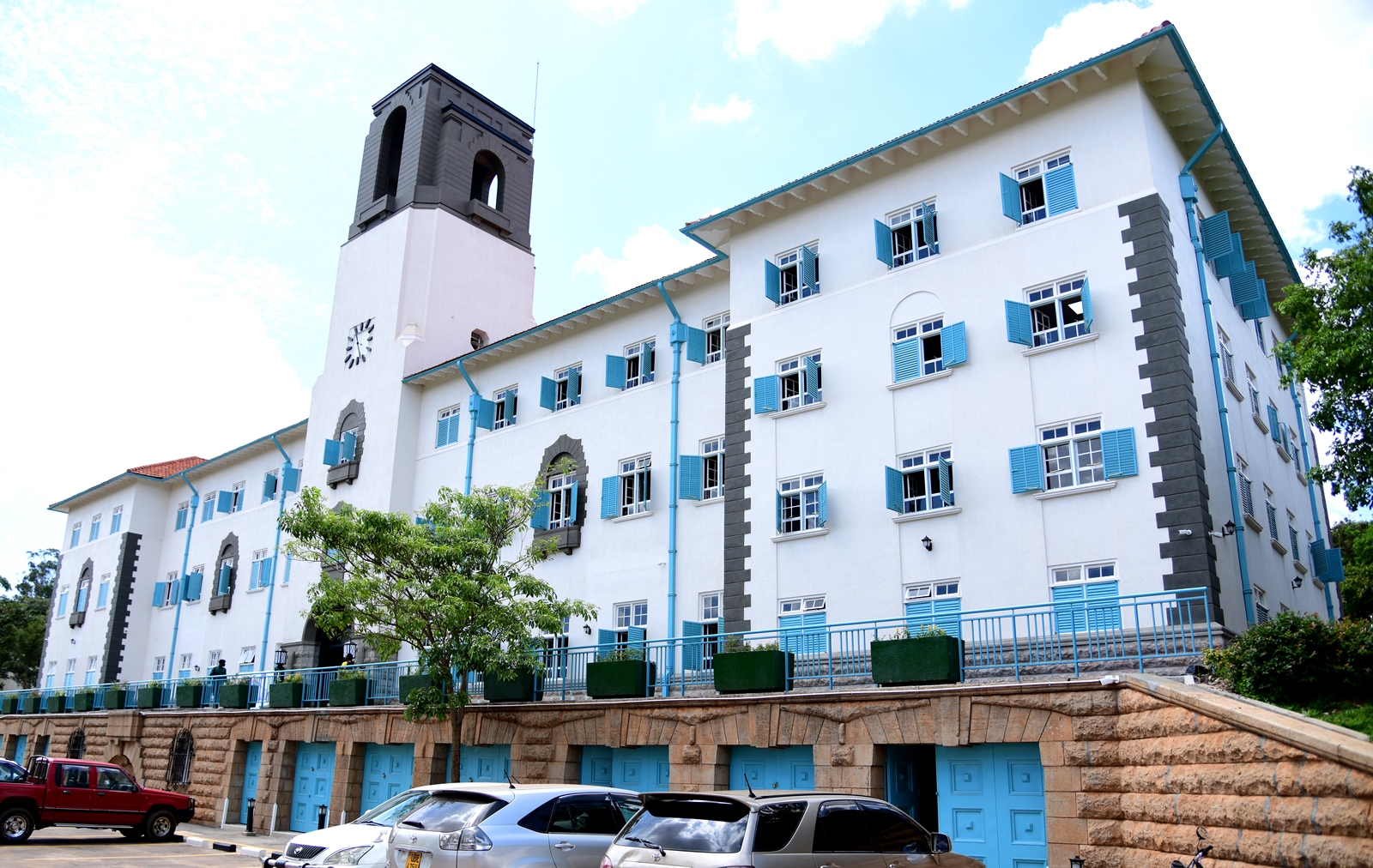The Academic Registrar, Makerere University invites applications from Ugandan, East African and international applicants for the undergraduate under the private sponsorship scheme for the 2026/2027 Academic Year.
Each applicant should:
EITHER
Hold at least a Second Class/Credit (or equivalent classification) Diploma or otherwise as specified in the Diploma Holders’ requirements from a recognised chartered institution, relevant to the programme applied for. Certified copies of academic transcripts and certificates (not photocopies of certified copies) from the awarding institutions and one passport size photograph must be submitted to Office 315 level three (3) Senate Building after applying online.
OR
Be a Graduate from a RECOGNISED CHARTERED UNIVERSITY. Certified copies of academic transcripts and certificates (not photocopies of certified copies) from the awarding Institutions and one Passport size photography MUST be submitted to Office 315, Level three (3) Senate Building after applying online.
N.B. Applicants will be responsible for verification of their academic documents from the awarding Institutions after admission.
Other relevant information can be obtained from UNDERGRADUATE ADMISSIONS OFFICE, LEVEL 3, SENATE BUILDING OR CAN BE found on the University Website.
Diploma Holder applicants who hold class three (3) diploma certificates or Pass Diplomas are not eligible for admission and therefore should not apply, except where stated in the Diploma Holders requirements.
HOW TO APPLY
Applications shall be submitted online using the ACMIS system for all applicants. Diploma/degree holders and internationals will have to submit certified copies of their transcripts and certificates and a passport size photograph to Office 315, Level 3, Senate Building after submitting the application online and payment of application fees.
OTHER RELEVANT INFORMATION CAN BE OBTAINED FROM UNDERGRADUATE ADMISSIONS OFFICE, LEVEL 3, SENATE BUILDING, MAKERERE UNIVERSITY WITH EFFECT FROM 5th JANUARY, 2026.
A NON-REFUNDABLE APPLICATION FEE OF SHS.55,000/= FOR UGANDAN AND EAST AFRICAN APPLICANTS OR $76.5 OR EQUIVALENT FOR INTERNATIONALS, (UGX.286,250=) PLUS BANK CHARGEs SHOULD BE PAID IN ANY OF THE BANKS USED BY UGANDA REVENUE AUTHORITY (URA)
CANDIDATES WHO HOLD GRADES X, Y, Z, 7 AND 9 OF ‘O’LEVEL RESULTS SHOULD NOT APPLY BECAUSE THEY ARE NOT ELIGIBLE FOR ADMISSION.
ONLINE APPLICATION PORTAL USER GUIDE
Applicants should access the Institution’s Admissions URL https://apply.mak.ac.ug
- Signup using full name, e-mail and Mobile Number. Please note that your name must be similar to the one on your supporting academic documents for your application to be considered valid. If you changed your names please go to Senate Building Office 611 with a deed poll and gazette supporting the name change.
- A password will be sent to both your e-mail and mobile number.
- The system will prompt you to change the password to the one you can easily remember.
- To fill a form (all form sections must be filled)the applicant clicks on the APPLY NOW button displayed on the running scheme.
- Obtain a pay reference nunber(PRN) after submitting the application.
- Make a payment at any of the banks used by Uganda Revenue Authority.
MOBILE MONEY PAYMENT STEPS:
1. Dial *272*6# on Mtn or Airtel
2. Select option 3-Admission
3. Select option 3 Pay Fees
4. Enter reference number obtained from Application portal
5. Details of Application form will be confirmed
6. Enter PIN to confirm payment
The closing date for receiving applications was extended to Friday 27th February, 2026.

 Research2 weeks ago
Research2 weeks ago
 Health2 weeks ago
Health2 weeks ago
 Health1 week ago
Health1 week ago
 Business & Management2 weeks ago
Business & Management2 weeks ago
 Computing & IS1 day ago
Computing & IS1 day ago


